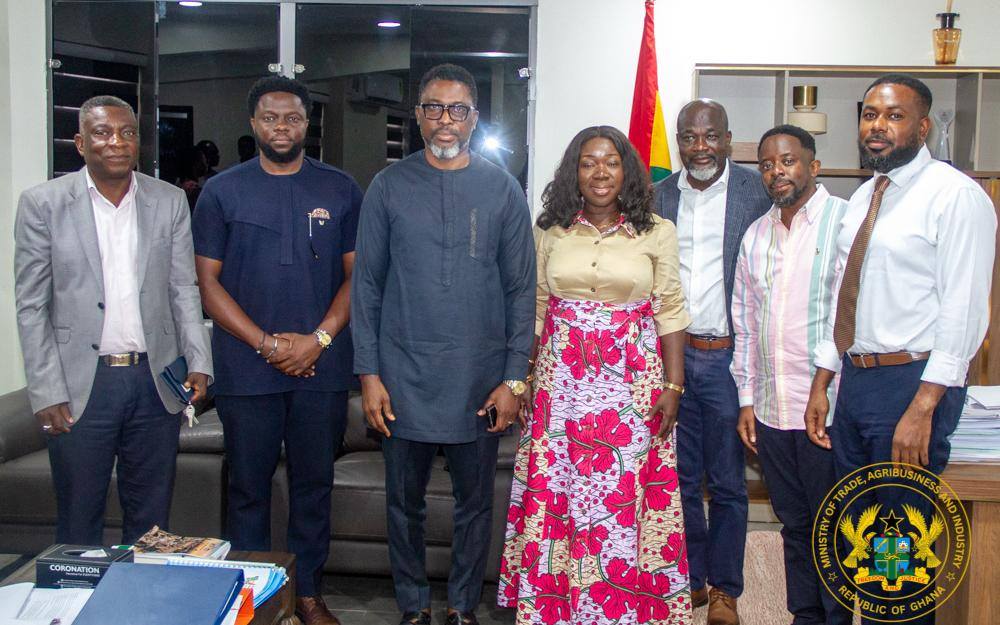Minister for Trade, Agribusiness and Industry Elizabeth Ofosu-Adjare has endorsed the vision behind the proposed Gomoa Central Special Economic Zone (SEZ) and industrial city, describing the project as a potentially “transformational” catalyst for Ghana’s industrialisation agenda. Her comments followed a presentation by Gomoa Central MP Obeng Kwame Asare, who led a delegation to brief the Ministry on the large-scale initiative.
Ofosu-Adjare praised the clarity and scope of the proposal but emphasized that formal government support would depend on a rigorous technical review to ensure the project’s legal soundness, sustainability and alignment with national industrial policy.
She said the Ministry would assemble a technical team to evaluate the full proposal and provide guidance, adding that the government remains committed to partnerships that deliver long-term benefits for the Central Region and the country.
The Minister urged developers to continue engaging traditional authorities, local communities and key stakeholders. She said broad collaboration would help position the Gomoa Central SEZ as one of Africa’s leading industrial cities.
She also commended project leaders for securing initial commitments from manufacturers, logistics firms, heavy equipment suppliers and tourism-related investors, noting the project’s mixed-use design combining industrial, residential, commercial and tourism components as a model for sustainable urban-industrial growth.
Presenting the plan, Obeng said the SEZ aims to become Ghana’s largest integrated industrial hub and has already received strong backing from local chiefs, with land held in trust to avoid disputes. He highlighted the project’s digital land management system, D-Lab, which allows investors to view and reserve plots remotely, reducing bureaucracy and accelerating investment processes.
Strategically situated along the Lagos–Abidjan trade corridor and near the proposed third national port, the project seeks to leverage its location to attract manufacturing, logistics and export-focused enterprises. Phase One includes a 100MW solar plant, with developers in discussions for a power purchase agreement to sell excess electricity until industrial activity ramps up.
The delegation noted that they were not requesting government funding but sought endorsement to ensure policy alignment and long-term viability.


